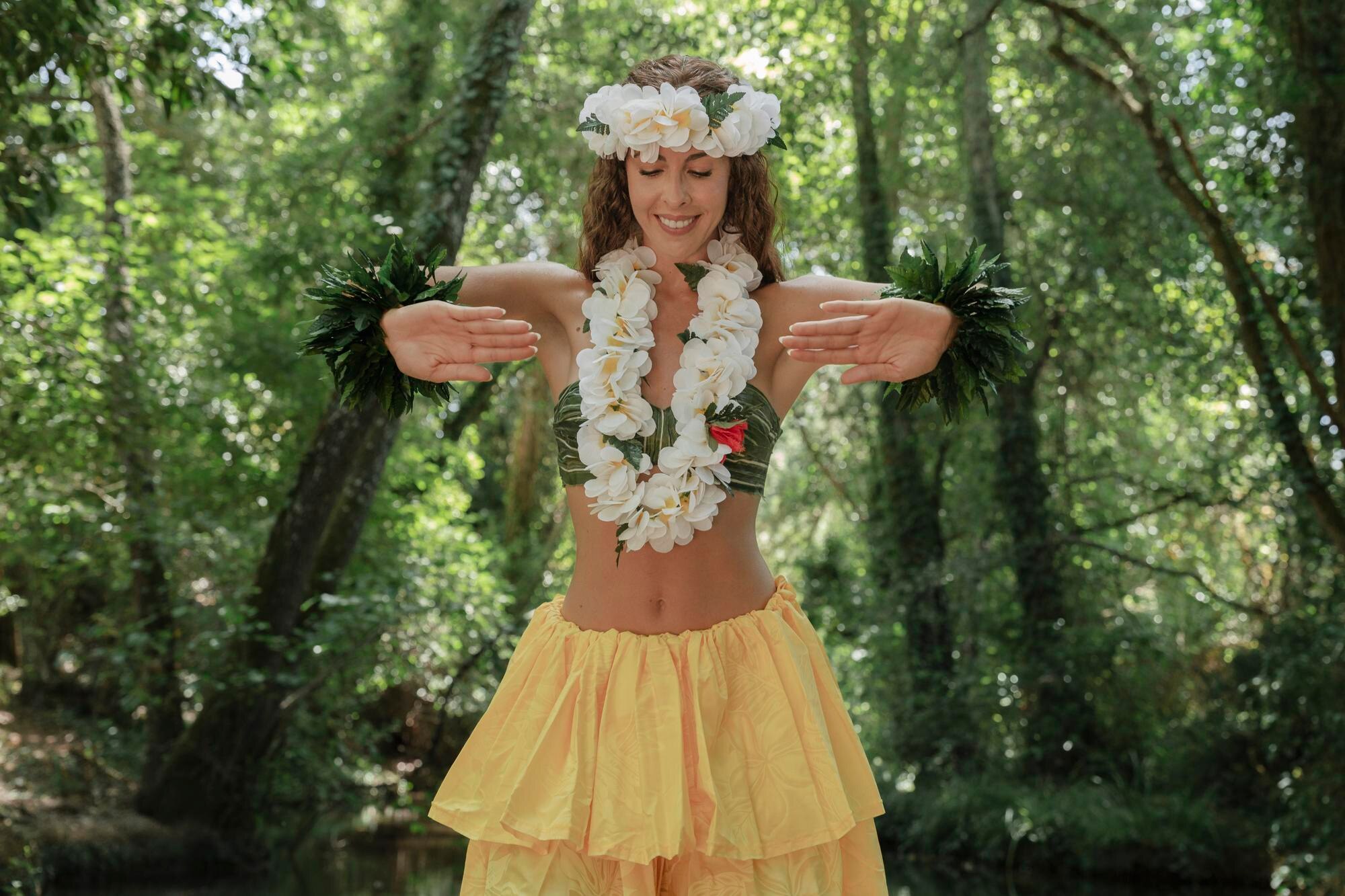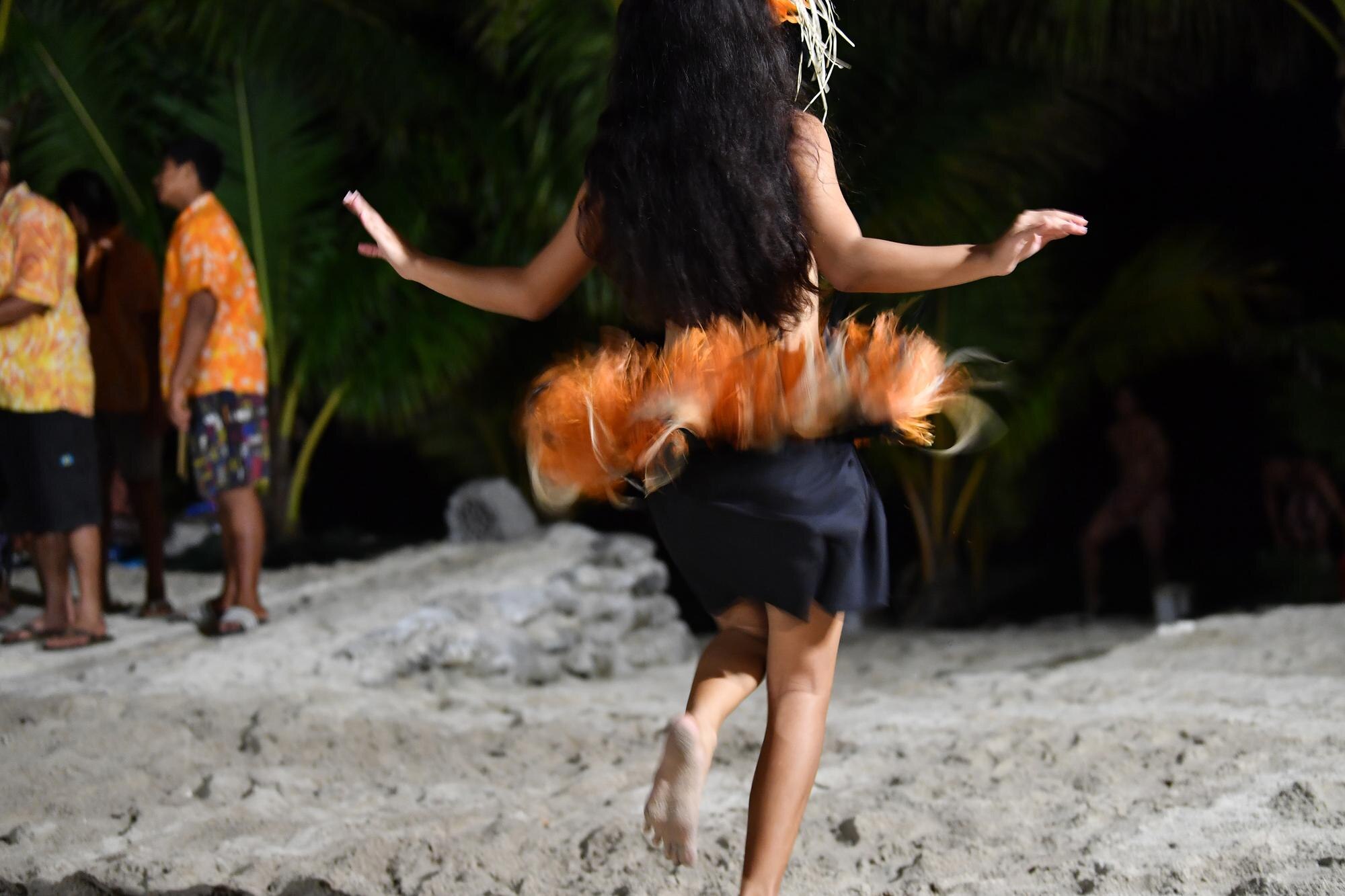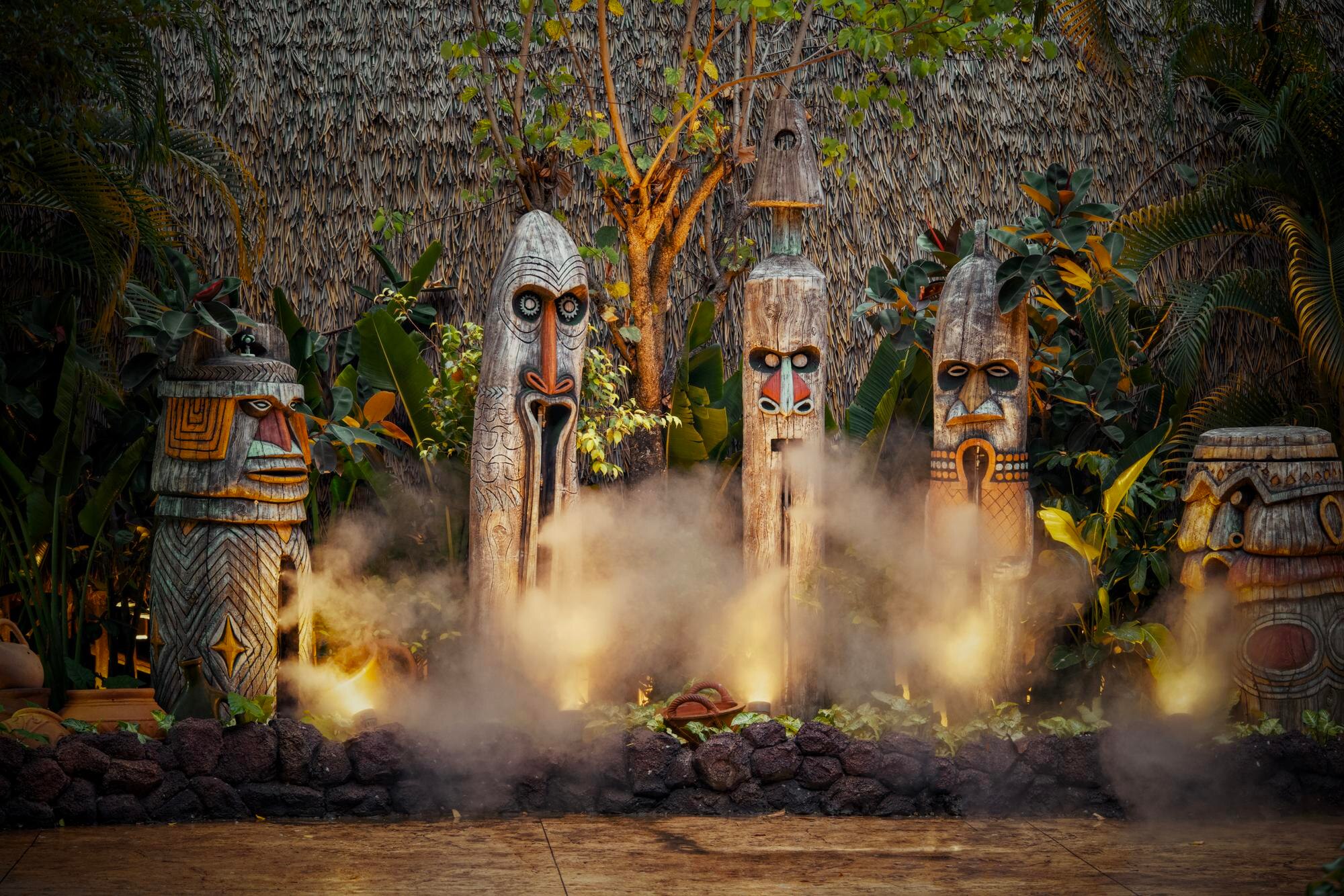A Traveler's Guide to the Cultural Significance of Hawaii
Hawaii is a treasure trove of rich cultural heritage, offering a captivating blend of ancient traditions and mesmerizing landscapes. Whether you're a history enthusiast or a traveler eager to learn more about the cultural significance of Hawaii, you're in for a treat. From the chants and dances that narrate the tales of gods and heroes to the intricate art of lei-making, the islands invite you to explore the depths of ancient Hawaiian culture. With roots steeped in Polynesian heritage, Hawaii's history is a vibrant tapestry of native Hawaiian practices that continue to influence the islands today. Get ready to be inspired by the myths and legends of Hawaiian mythology as we delve into the traditions that make Hawaii a truly unique destination.
Ancient Hawaiian Culture and Traditions
Hawaiian culture is deeply rooted in the traditions of its ancient people, offering a window into a world where mythology and daily life were seamlessly intertwined. Understanding the origins and key practices of ancient Hawaiian society sheds light on the unique cultural fabric of the islands.
Origins of Hawaiian Society
Ancient Hawaiian society was largely influenced by the arrival of Polynesians, who brought with them a complex social structure and rich cultural practices. These early settlers navigated vast ocean distances using the stars, establishing vibrant communities.
Polynesian navigators played a crucial role in forming the societal framework of Hawaii. They introduced new agricultural techniques and religious beliefs, shaping the islands’ development.
The social hierarchy, including chiefs and commoners, governed daily life. Each individual had a role, contributing to the community's well-being, which remains a cornerstone of Hawaiian culture today.
Key Cultural Practices
Hawaiian traditions are rich with unique cultural practices that continue to resonate. From hula dancing to the art of lei-making, these traditions are more than mere customs—they are expressions of identity.
Hula, with its elegant movements, is not just a dance but a way of storytelling. It conveys emotions and narratives of Hawaiian history, celebrated at festivals and gatherings.
The lei, often made from flowers or shells, symbolizes affection and respect. It is a timeless tradition that marks significant occasions in Hawaiian life.
Polynesian Heritage Influence
Hawaii’s cultural tapestry is heavily influenced by its Polynesian roots. The migration of Polynesians around 1,500 years ago brought significant changes to the islands.
Polynesian language, customs, and beliefs laid the groundwork for what would evolve into Hawaiian culture. The fusion of Polynesian and local elements created a unique cultural identity.
The Polynesian influence is evident in the Hawaiian language, arts, and social structure. These elements continue to play a crucial role in daily life and cultural celebrations.
Hawaiian Mythology and Beliefs
 Hawaiian mythology is a fascinating world of gods, heroes, and symbolic tales that offer insight into the beliefs and values of ancient Hawaiians. These stories not only entertained but also taught important lessons.
Hawaiian mythology is a fascinating world of gods, heroes, and symbolic tales that offer insight into the beliefs and values of ancient Hawaiians. These stories not only entertained but also taught important lessons.
Stories of the Gods
Hawaiian mythology is rich with stories of gods and goddesses, each with distinct personalities and powers. These deities were central to the spiritual and cultural life of ancient Hawaiians.
The goddess Pele is perhaps the most well-known figure, revered as the creator of the Hawaiian Islands. Her fiery nature is reflected in the volcanic landscape.
Maui, the trickster god, is celebrated for his cleverness. His tales highlight themes of ingenuity and perseverance, inspiring generations.
Symbolism in Hawaiian Lore
Hawaiian lore is filled with symbolism that imparts lessons and reflects cultural values. These symbols are integral to understanding the island's mythology.
The turtle, or honu, symbolizes longevity and perseverance. It is a revered creature in Hawaiian culture, representing the islanders' connection to the sea.
Rainbows, often seen as bridges between the divine and human realms, symbolize hope and renewal in Hawaiian lore.
Influence on Daily Life
Mythology and beliefs deeply influence Hawaiian daily life. These stories are not just historical; they actively shape cultural practices and community life.
Hawaiian traditions, such as chanting and ceremonial offerings, are deeply rooted in mythology. These practices honor the gods and maintain a spiritual connection.
The guiding principles drawn from myths foster a sense of community and respect for nature, shaping the islanders' way of life.
Native Hawaiian Practices Today
 The legacy of ancient Hawaiian culture endures through modern interpretations and preservation efforts. These practices continue to enrich Hawaii's cultural landscape.
The legacy of ancient Hawaiian culture endures through modern interpretations and preservation efforts. These practices continue to enrich Hawaii's cultural landscape.
Modern Interpretation of Traditions
Modern interpretations of Hawaiian traditions ensure their relevance in contemporary society. These adaptations keep cultural practices vibrant and accessible.
Contemporary hula incorporates new themes while respecting traditional movements, bridging the past with the present.
Lei-making workshops offer both locals and tourists a chance to engage with this tradition, fostering a deeper understanding of Hawaiian culture.
Preserving Cultural Heritage
Preserving cultural heritage is vital for maintaining Hawaii’s unique identity. Efforts are underway to safeguard these traditions for future generations.
Organizations like the Papahānaumokuākea Marine National Monument work to protect sacred sites and traditional knowledge.
Community initiatives focus on cultural education, ensuring that Hawaiian traditions continue to thrive in a modern world.
Community and Festivals
Hawaiian festivals and community events are celebrations of culture and tradition. These gatherings play a crucial role in keeping Hawaiian heritage alive.
Merrie Monarch Festival, a week-long event, showcases hula and other Hawaiian arts, drawing participants from around the world.
Community events often include traditional music, food, and crafts, providing a platform for cultural exchange and education.
The Cultural Significance of Hawaii
 Hawaii's cultural significance extends beyond its shores, influencing both local and global perspectives. Its rich history and traditions continue to play a key role in contemporary society.
Hawaii's cultural significance extends beyond its shores, influencing both local and global perspectives. Its rich history and traditions continue to play a key role in contemporary society.
Impact on Hawaiian History
The cultural significance of Hawaii is deeply intertwined with its history. Hawaiian traditions and practices have shaped the islands' development over centuries.
Ancient Hawaiian culture laid the foundation for the societal structure, influencing governance, religion, and community life.
Hawaiian history is marked by a deep connection to the land and sea, with traditions reflecting this bond.
Role in Contemporary Society
In contemporary society, Hawaiian culture plays a pivotal role in shaping identity and community. It is a source of pride and a unifying force for the islands' people.
Cultural education and awareness initiatives promote understanding and appreciation of Hawaiian traditions among residents and visitors.
Local businesses often incorporate traditional practices, such as lei-making, into their offerings, enhancing cultural visibility and economic development.
Hawaiian Traditions in Tourism
Hawaiian traditions are a significant draw for tourists, offering authentic experiences that connect visitors to the islands' cultural roots.
Tourism provides a platform for showcasing traditional activities such as hula performances and craft workshops, fostering cultural exchange.
Responsible tourism emphasizes respecting native Hawaiian practices, ensuring that visitors contribute positively to the preservation of cultural heritage.
Exploring Cultural Sites in Hawaii
Hawaii offers a wealth of cultural sites and experiences that invite exploration and understanding. These locations offer a glimpse into the rich history and traditions of the islands.
Must-Visit Historic Locations
Historic locations in Hawaii provide a fascinating insight into its cultural heritage. These sites preserve the legacy of ancient Hawaiian society.
Iolani Palace, once the residence of Hawaiian royalty, offers guided tours that detail the islands' monarchical history.
The Hawaii State Museum of Cultural and Natural History showcases artifacts and exhibits that highlight the islands' diverse cultural influences.
Experiencing Traditional Activities
Engaging in traditional activities offers a deeper appreciation for Hawaiian culture. These experiences are an opportunity to connect with the islands' heritage.
Visitors can participate in hula workshops, where they learn the fundamental movements and their cultural significance.
Lei-making classes provide hands-on experience with this iconic Hawaiian tradition, allowing participants to create their own garlands.
Respectful Traveler Tips
Travelers can enrich their Hawaiian experience by adopting respectful practices. These tips ensure a positive impact on the community and environment.
- Learn basic Hawaiian phrases to connect with locals.
- Support local artisans and businesses by purchasing handmade goods.
- Respect cultural sites by following guidelines and regulations.
- Participate in community events to engage with local traditions.
- Avoid disturbing natural habitats, preserving the beauty of the islands for future visitors.

